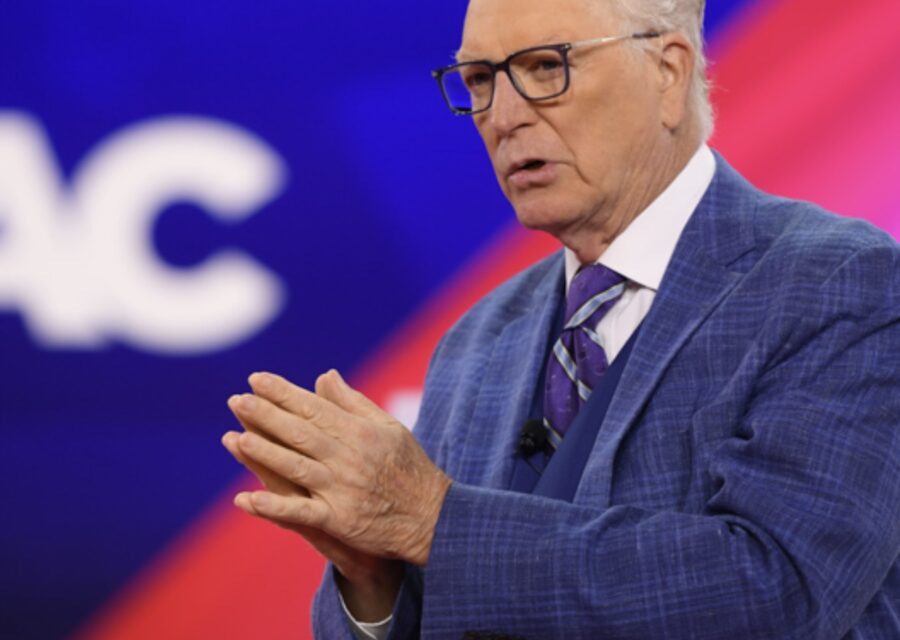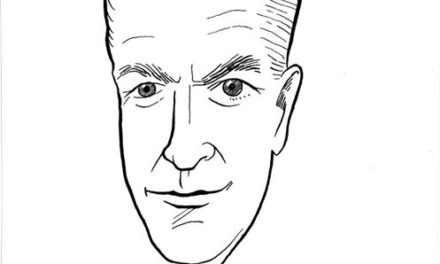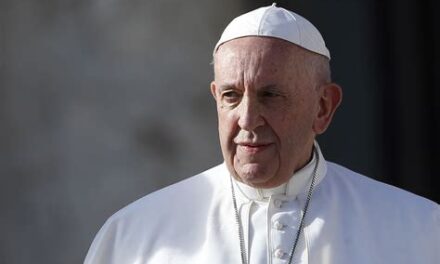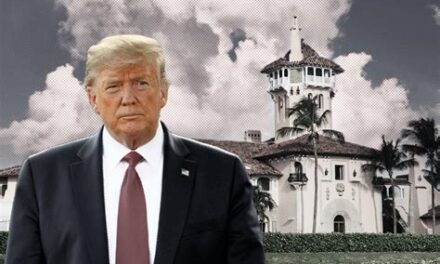We take for granted that priests, and other ministers, sign a couple’s marriage license after a wedding ceremony. At that moment the state, both the individual states and the United States, legally recognizes the marriage. Priests and ministers, thus, act as agents of the government and are duly recognized as “Celebrants” or “Officiants” under the laws of all 50 states.
Since over half of the United States — 35 states — now recognize same-sex marriage, a simple question is raised:
Should Catholic priests, and for that matter other clergy, continue to act as agents of the state by signing marriage licenses?
There has already been a legal scuffle in Idaho over a for-profit wedding chapel, owned by a married couple, both ordained Pentecostal ministers, who refused to marry a gay couple. The city of Coeur d’Alene told David and Evelyn Kapp they faced $1,000 in daily fines and 180 days in jail for not performing such services.
After the Alliance Defense Fund ably came to their defense, the city reversed its ruling. But the defenders of same-sex marriage were outraged, with some notable exceptions such as Andrew Sullivan who wrote, “requiring individuals to perform a marriage ceremony against their beliefs is just something we don’t do in a liberal society.”
As we all know, marriage licenses themselves are issued by the individual states and then presented to priests and ministers for their signature following the ceremony. All but one state (Nebraska’s is 19) sets the legal age to marry at between 16 and 18 and only a handful still require blood tests. States immediately recognize the legality of the marriage after the ceremony, sexual consummation no longer considered as a validating factor. The Celebrant signing the marriage license is then required to send a copy to the county or state agency recording marriage certificates.
But why do I raise the question about priests and ministers continuing to sign marriage licenses? There are at least two basic reasons, the first being less important than the second. There will continue to be legal actions against clergy who refuse to marry gay couples — these actions, like all legal actions, cause lasting damage — personal reputations are ruined, persons can become targets of ridicule, even violence, and the financial ramifications can be lasting.
The more important reason is this: Since the meaning of marriage is rapidly changing due to legal redefinitions by individual states, why should the Catholic Church continue to act as marriage agents for the states? The teachings of the Church are clearly in opposition to those of the 35 states as well as the implied position of the federal government as seen in public policies.
Couldn’t it be argued that every time a priest signs a marriage license issued by the state he is virtually shrugging his shoulders at the reality of the fundamental moral and spiritual dispute?
To make its position on marriage clear, the Church should simply no longer authorize clergy to sign marriage licenses. This would have the immediate effect of creating a long overdue discussion at the parish level of what marriage actually represents to Catholics and most other Christians. Couples who want to get married would ask, “Why do I have to get married twice?” “Why do we have to go to the hassle of finding a justice of the peace?”
Yes, couples who want to be married in the Church would have to spend a few extra hours at the courthouse, but at the same time they would be learning that the state’s notion of marriage is markedly different their Church’s teaching, as well as Judaism and all other ancient faiths.
I’m not arguing that it’s a matter of “cooperating with evil,” although it could reach a point when that argument could be made. This is a moment for the Church to stop acting as a government agent, representing a state who no longer affirms marriage as the union between a man and a woman.
The decision is a simple one, though the impact would be painful and divisive. Yet, more important than the conflict that would ensue is the sound of the Church’s clear voice, distinguishing its view of human life from that of an increasingly hostile society.















Given the present situation we face in the US I see no other alternative than to refuse any gesture that would affirm the twisted view of marriage that a majority of states now hold. I would think that having to go to the Justice of the Peace would be a tacit acceptance by the couple of the states authority over marriages but that is perhaps another issue.
Dr. Hudson, I agree with you. When I married in 1983 in DeKalb Co., Georgia, we had to physically go to the courthouse to apply for and get our marriage license anyway. Everyone had to do that. It would have been just as simple to make that the civil service -might have taken five or ten more minutes. We had our church wedding two days later. There is some legal limbo in that time, but it is only because of the officiate. In our county, we had already had to swear our intention as husband and wife at the courthouse. To a great extent we have been splitting these hairs in my county for at least 30 years. It would take very little on the government’s part here to make this change.
Agreed. It might even be high time we gave up our tax exempt status to make things perfectly clear. We have turned a blind eye to many things for far too long. We need to ” be the change we want to see in the world!” Bravo Dr. Hudson, rough times are here for Holy Mother Church.
I think the article somewhat misses the point. Marriage is the realm of the Church and the Church should never have surrendered any of this to the state. The Church should not now, and never should have, had anything to do with state marriage licenses. It needed no the permission of the state to marry a couple and it need not care what the State recognizes or approves – or compels. It is always a mistake for the Church to do this as we see now where the Church has surrendered the realm of charity to the State and is now being dictated to by the state.
I just found your post, and I do agree. I’ve been saying this from the beginning.
When my son decided to get married at the courthouse, he assumed there would be some short ceremony involved. They applied for the license one day, then traipsed down a day or two later for what they thought would be their wedding ceremony, only to find that it was nothing more than a signing of all the legal documents. If they wanted a justice of the peace, they were to have arranged that separately. In truth, this is the way it’s always been; my husband and I picked up our license in the same way 36 years ago (and then had a ceremony at the church).
A friend’s father, who had lost his wife some years earlier, wanted to marry another widow, but the legal ramifications were complicated as each had assets and children. So their priest suggested that they simply marry in the Church and skip the secular legalities altogether, which is what they did. The previous poster is right, that the Church need not have anything to do with the state when it comes to marriage.